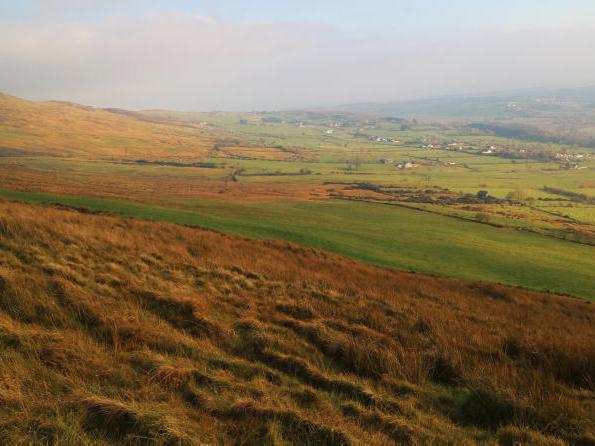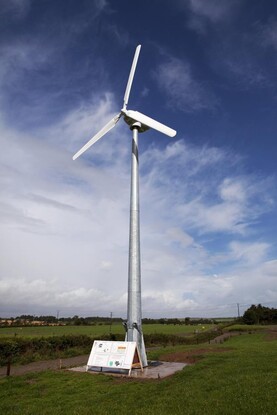Farmers on designated land could be paid up to €490/ha for extensively grazing cattle and not spreading fertiliser as part of a range of schemes proposed by the Department of Heritage aimed at conserving habitats and birds.
The Prioritised Action Framework for Natura 2000 in Ireland sets out measures and schemes for the country’s Special Areas of Conservation (SAC) and Special Protected Areas (SPA).
The plan is “a strategic planning document and not a national commitment to expenditure”, the Department said.
These designations cover over 9,000km2 of land, mostly in counties along the western seaboard. It is estimated that 35,000 farmers are farming designated land.
Thousands of hectares of land are targeted in the plan
As revealed in the draft framework plan last year by the Irish Farmers Journal, schemes paying farmers between €350/ha and €490/ha per annum are under consideration for the extensive grazing and no fertiliser to protect certain grasslands and habitats. Some €400/ha could be paid for rush control as part of a Hen Harrier Scheme. Farmers could receive €400/ha to have “exclusion areas” to prevent livestock entering certain habitats.
Thousands of hectares of land are targeted in the plan and if all proposed prioritised measures were to be carried out it would cost €1.138bn over the next seven years of the CAP.
The plan proposes that €3m be assigned to further research into Natura 2000 sites
It also proposes that farmers are paid €15m/year for the “administrative cost” to them for managing Natura 2000 lands.
The plan proposes that €3m be assigned to further research into Natura 2000 sites. This includes research on the value of hedgerows as both nesting and feeding resources for Irish birds and research into how arable farming systems can be adapted to provide increased benefits for birds.
Commonage
There is a need to deliver measures to manage grazing in heaths, including in commonage lands, according to the plan.
“There are ongoing issues, particularly in relation to land abandonment, the management of undergrazing and overgrazing, and land eligibility (under Basic Payment Schemes).
Results-based supports with associated ecological advisory elements could be a very positive incentive
“Land clearance, habitat removal and burning need to be managed and regulated, and policies that may unintentionally result in damage to these habitats need to be reviewed. National agri-environmental schemes are required for the habitats and species in this group, and need to improve focus on the conservation objectives of these features.
“Results-based supports with associated ecological advisory elements could be a very positive incentive in this group and should be considered in the CAP strategic plan,” it said.
Review
The information in the framework will be used when reviewing Ireland’s CAP strategic plan, the Department said.






 This is a subscriber-only article
This is a subscriber-only article










SHARING OPTIONS: